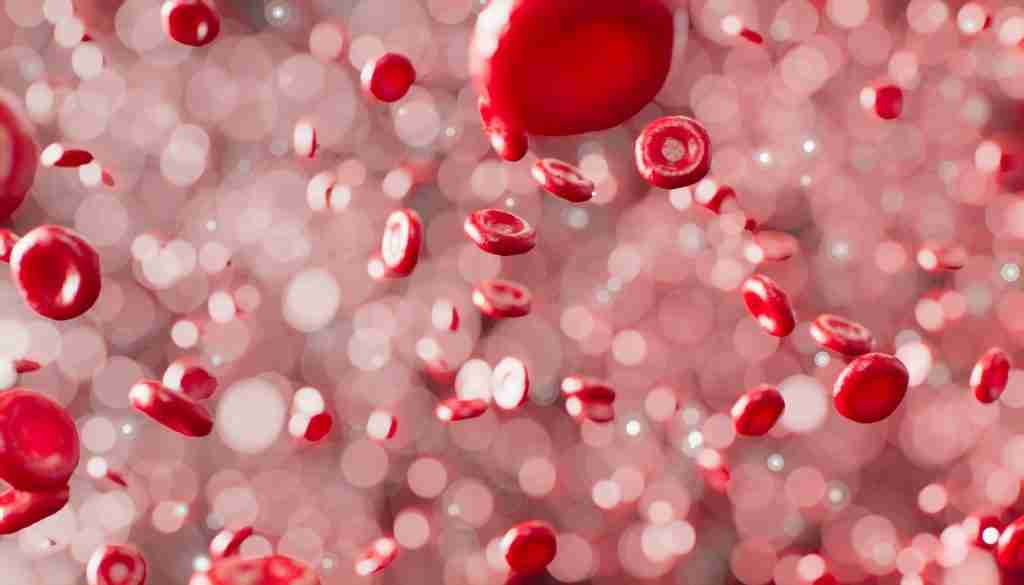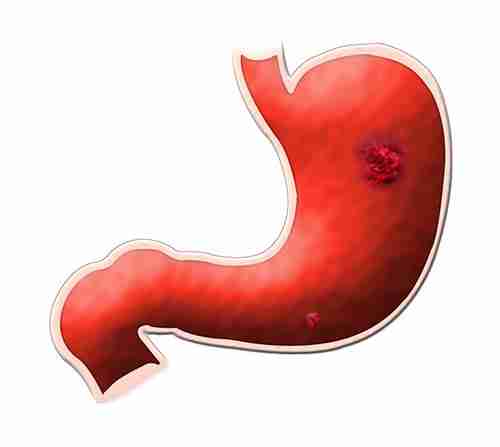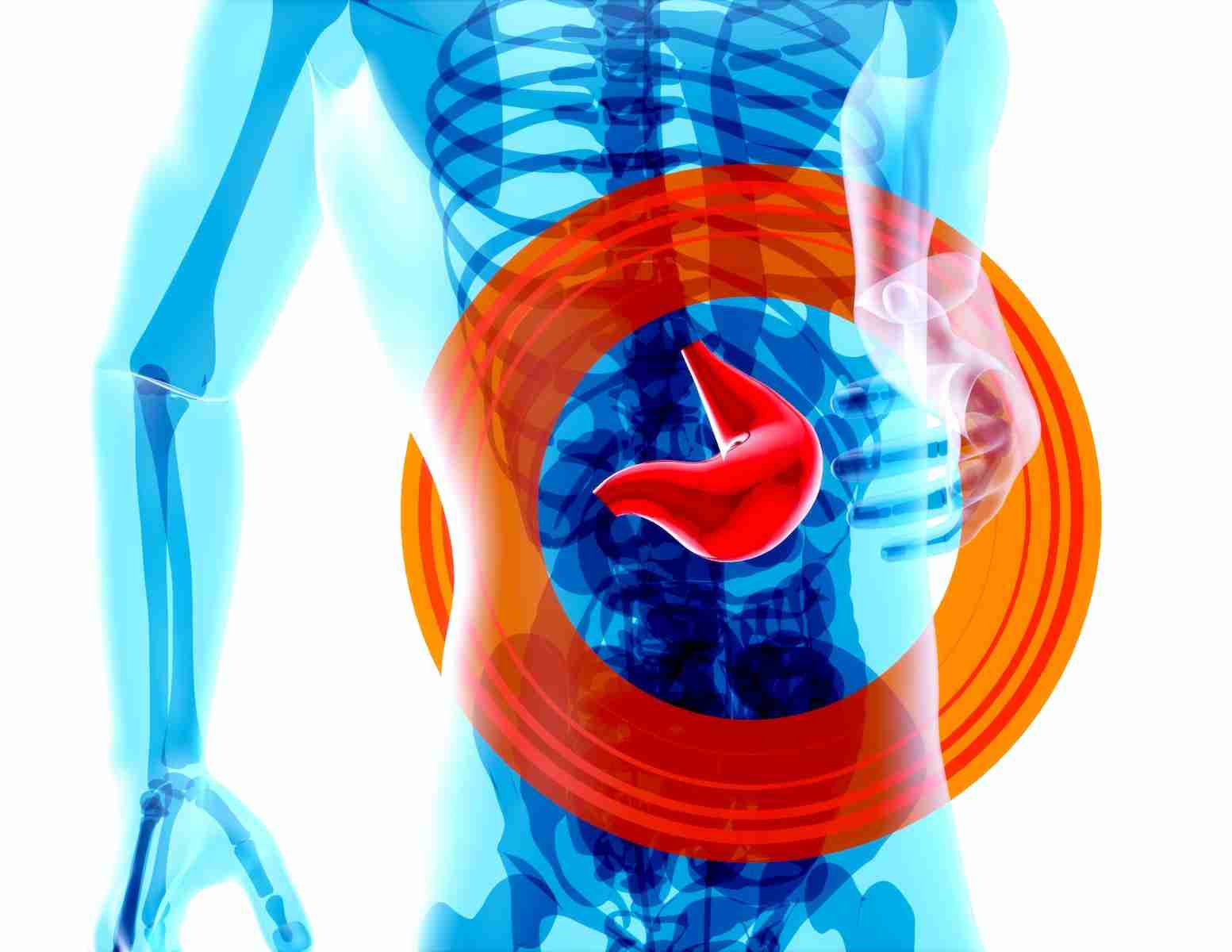27 Fun Facts About Stomach | Digestive Powerhouse
Fun Facts About Stomach
Discover the intriguing and lesser-known fun facts about stomach.
1. Humans can live without a stomach.
Medical conditions sometimes necessitate the removal of the stomach, a procedure known as gastrectomy.
Post-surgery, patients can still live healthy lives, although they need to adjust their eating habits and nutrient intake.
2. The stomach dances when digesting.
Known as peristalsis, these are wave-like muscle contractions that help to churn food and mix it with digestive juices.
This ‘dance’ is crucial for breaking down food into smaller, digestible parts and moving it along the digestive tract.
3. Stomach growling doesn’t always mean hunger.
These sounds, medically known as borborygmi, occur when the stomach contracts to clear out its contents, including gas and digestive juices.
It can happen when the stomach is full or empty, but the sounds are louder when the stomach is empty as there’s less content to muffle the noise.
4. The stomach can expand to hold about 4 liters of food.
It’s remarkably flexible, allowing for the accommodation of a large meal.
This elasticity is a vital feature for digestion, as it helps in the temporary storage and gradual processing of ingested food.
5. The stomach’s primary digestive agent isn’t acid but an enzyme.
Pepsin, not stomach acid, is the primary enzyme responsible for protein digestion.
It’s activated by the stomach’s acidic environment, demonstrating the collaborative nature of our digestive processes.
6. Some people have their stomachs on the right side.
This rare condition, known as situs inversus, results in all internal organs being a mirror image of the typical arrangement.
Individuals with this condition usually lead normal, healthy lives.
7. The stomach plays a role in the immune system.
The acid in your stomach can kill harmful bacteria and viruses that you may ingest with your food, providing a line of defense against infections.
This function highlights the stomach’s role in not just digestion, but also in protecting the body from potential pathogens.
8. Coffee can stimulate stomach acid production.

Drinking coffee can increase stomach acid production, contributing to digestive discomfort in some individuals.
This reaction varies from person to person, reflecting the complex nature of the digestive system’s response to different foods and beverages.
9. Stomach mucus prevents self-digestion, which is one of the fun facts about Stomach.
A thick layer of mucus lining the stomach walls protects it from the corrosive effects of its acid.
Without this mucus, the stomach would essentially digest itself, underlining the importance of this protective mechanism.
10. New stomach lining cells are produced every few days.
The stomach lining regenerates rapidly due to constant exposure to harsh digestive acids.
This high cell turnover is necessary to maintain the integrity of the stomach lining and ensure effective digestion.
11. The stomach’s shape changes throughout your life.
From birth to adulthood, the shape and position of the stomach change as the body grows and develops.
This adaptability is essential for accommodating varying dietary habits and quantities of food intake over a lifetime.
12. The stomach plays a role in producing blood cells.

It assists in the absorption of vitamin B12, an essential component in the production of red blood cells.
This function is a vital aspect of the body’s overall health, highlighting the stomach’s importance beyond digestion.
13. The stomach is not the primary site for nutrient absorption.
While crucial for digestion, the stomach plays a minimal role in absorbing nutrients, which primarily occurs in the small intestine.
This division of labor in the digestive system underscores the specialization of different organs for optimal food processing.
14. Stress can affect your stomach’s health.
Chronic stress can lead to a variety of stomach problems, including gastritis and peptic ulcers.
This connection exemplifies the intricate relationship between the brain and digestive system, known as the gut-brain axis.
15. You don’t need gravity to digest food; your stomach can do it in space.
Astronauts can digest food normally in space, thanks to the powerful muscles of the stomach and intestines.
This capability is crucial for long-duration space travel, ensuring astronauts maintain proper nutrition.
16. Stomach acid can dissolve metal.
The gastric acid in your stomach is composed primarily of hydrochloric acid, a corrosive substance that can corrode metals.
However, the stomach lining renews itself frequently to prevent damage from its acid, showcasing a remarkable example of bodily adaptation.
17. The stomach can tell the brain it’s full.
Hormones released by the stomach during digestion signal the brain to induce feelings of fullness.
This complex communication between the stomach and brain is crucial in regulating food intake and preventing overeating.
18. The stomach has its nervous system.
Known as the enteric nervous system, it’s capable of functioning independently of the brain and spinal cord.
This ‘second brain’ of the gut plays a critical role in managing the complex processes of digestion.
19. Lying on your left side can aid in digestion.
This position aligns the stomach and its outlet to the small intestine, facilitating smoother digestion.
This simple posture adjustment can significantly affect the efficiency of the digestive process.
20. Stomach ulcers are not primarily caused by stress or spicy food.

Most stomach ulcers are caused by a bacterium called Helicobacter pylori or by certain medications, not by stress or eating spicy food.
This common misconception often leads to misunderstandings about the nature and treatment of stomach ulcers.
21. What are the causes of lower stomach pain?
Lower stomach pain can be caused by various factors, including gastrointestinal issues, menstrual cramps, or muscle strain.
Consult a healthcare professional for accurate diagnosis and treatment.
22. Excessive stomach acid can lead to GERD.
Gastroesophageal reflux disease (GERD) is often caused by the backflow of stomach acid into the esophagus.
This condition illustrates the delicate balance required in the production and containment of stomach acid.
23. The stomach’s capacity decreases with age.
As people age, their stomachs gradually lose elasticity and capacity, affecting appetite and food intake.
This change is a natural part of the aging process and can impact nutritional needs and dietary habits.
24. Stomach cancer was once the leading cause of cancer death.

In the early 20th century, stomach cancer was the leading cause of cancer death globally, though rates have significantly declined since.
Advances in diet, food preservation, and medical treatment have contributed to this decline.
25. Hiccups are caused by involuntary contractions of the diaphragm.
These contractions can cause a sudden rush of air into the stomach, leading to the characteristic sound of hiccups.
Hiccups are minor and usually temporary disruptions in the normal function of the diaphragm and stomach.
26. Alcohol can irritate the stomach lining.
Consuming alcohol, especially in large quantities, can lead to inflammation of the stomach lining, known as gastritis.
This irritation can disrupt the stomach’s normal function and lead to various digestive issues.
27. The stomach’s acid is essential for the activation of certain enzymes.
Without the acidic environment, key enzymes like pepsinogen cannot be converted into their active form, pepsin, to digest proteins.
This necessity underscores the importance of the stomach’s acidic environment in the overall digestive process.
Conclusion
Our journey through the remarkable world of the stomach reveals its critical role in not only digestion but also in safeguarding our health.
From its astonishing self-protection mechanisms to its influence on our mood and immunity, the stomach is an organ of both strength and sophistication.
Understanding these fun facts about the stomach not only satisfies our curiosity but also emphasizes the importance of caring for our digestive health as a key component of our overall well-being. Remember, a healthy stomach is central to a healthy life.
FAQs
Symptoms of gastric cancer may include abdominal pain, bloating, indigestion, and unexplained weight loss. Early detection is crucial for effective treatment.
Symptoms of a stomach bug include nausea, vomiting, diarrhea, abdominal cramps, and fever. It is often caused by viral or bacterial infections.
The stomach consists of several parts, including the cardia, fundus, body, and pylorus. Each part plays a role in the digestion process.
Stomach ulcer symptoms may include burning stomach pain, bloating, nausea, and vomiting. Seek medical attention if you suspect a stomach ulcer.
Stomach flu is a common term for viral gastroenteritis, characterized by inflammation of the stomach and intestines. It shares symptoms with a stomach bug but is often caused by viruses.







